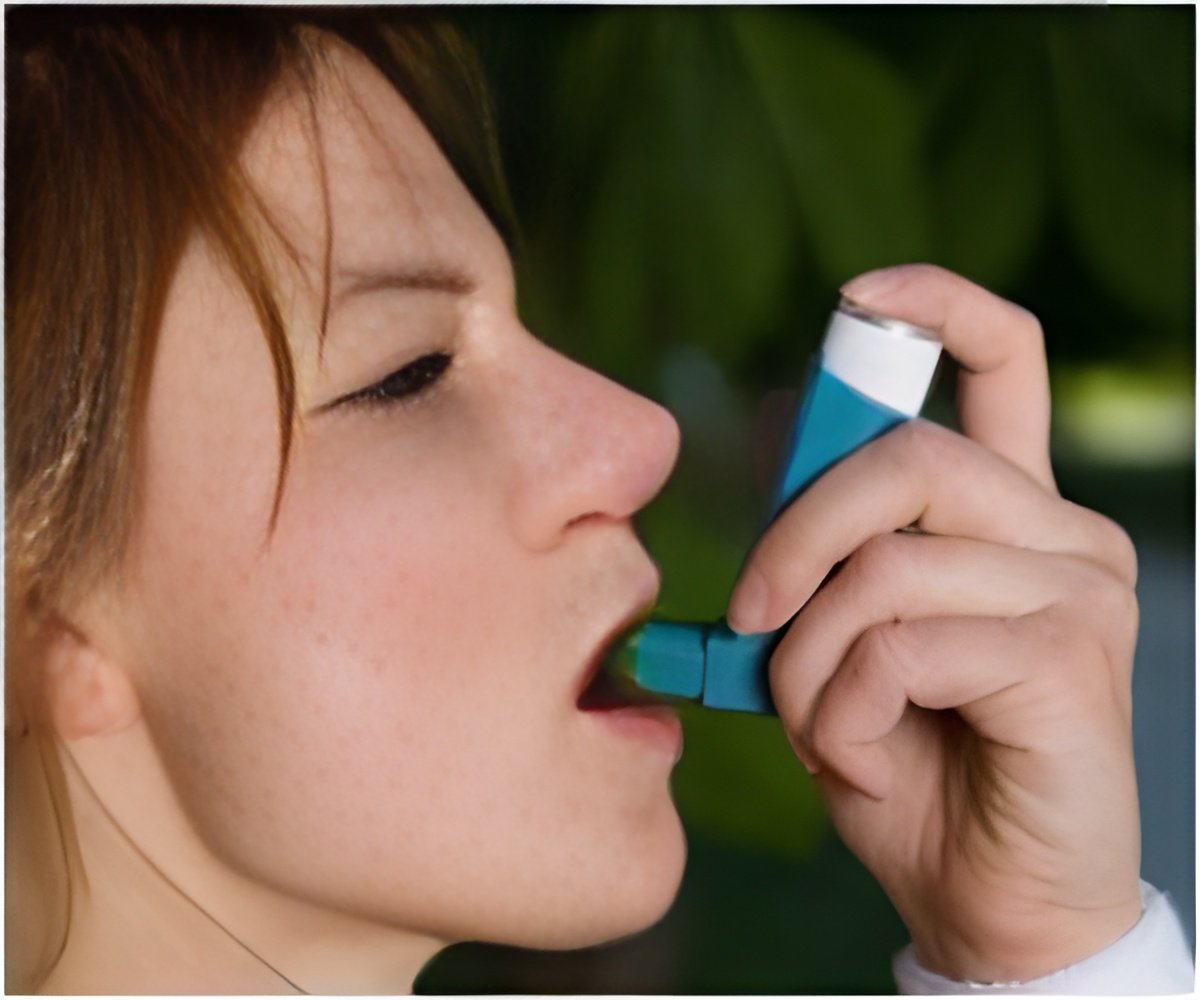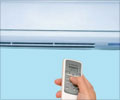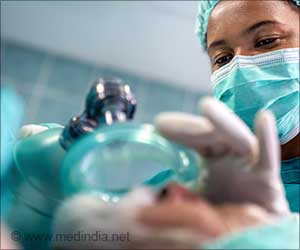Researchers at the University of Queensland and Laval University say that the aerosolized dust created by vacuums contain bacteria and mold.

This finding is worrying as the study found resistance Rgenes for five common antibiotics in the sampled bacteria along with the Clostridium botulinum toxin gene. This is of particular concern as, "The dust found indoors could act as a vehicle for infant botulism infection that can have severe consequences," including sudden infant death syndrome, according to previous studies.
"Even though no quantitative data are available for antibiotic resistance gene emission while vacuuming, the observed emission rates for bacteria might suggest that the genetic content of those bacterial cells, including antibiotic resistance genes, may contribute to indoor bioaerosol exposure," explain the researchers.
Source-Eurekalert








